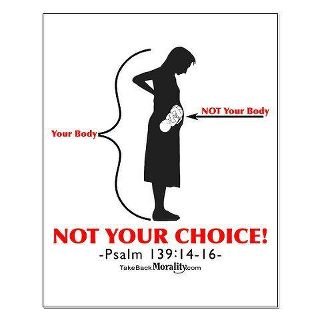By Michael Lewinski 01/27/14
Former Congressman J. C. Watts recently observed that the state of our affairs will not improve until we abandon the opinions of fallen men and return to God’s absolute truth. The idea he was expressing is that our culture forms the basis for the attitudes and behaviors which manifest themselves in society.
During the course of the last half century American culture has transitioned from one rooted in Judeo/Christian values to a Progressive culture embracing secular humanist beliefs. The differences between these two versions of life couldn’t be more stark. One embraces Christian love, while the other promotes self. One produces servants, while the other engenders entitlement. From one set of values emerges individual accountability, while the other shifts responsibility to others. One nourishes the soul, while the other debases the human spirit.
How else to account for the deteriorating tone and tenor of life in 21st century America? It is not respect for the value of life that animates a social coarseness which can be observed in flash mobs, indiscriminate public killing, and gang warfare. It has been the abrogation of business ethics and individual accountability that compelled Pope Francis to tell the wealthy of the world gathered at Davos to stop thinking only of themselves, and observe that “the business community often fails to take into” [account] “the dignity of every human person and the common good.”
With the transition from a culture steeped in the rule of God, to one based on the flawed rule of man, it should be expected that a breakdown in the social order degrades the value of the individual, pits one against another, and erodes other critical institutions of society. It was after all, the Founding Fathers who warned us that our new system of government was made only for a moral people. President George Washington said, “Of all the dispositions and habits which lead to political prosperity, religion and morality are indispensable supports . . . And let us indulge with caution the supposition that morality can be maintained without religion . . . Reason and experience both forbid us to expect that national morality can prevail to the exclusion of religious principle.” In an address to the militia of Massachusetts, in 1798 John Adams declared, “We have no government armed in power capable of contending in human passions unbridled by morality and religion. Our constitution was made only for a moral and religious people. It is wholly inadequate for the government of any other.”
With the ascension of the Progressive world view within the ranks of government, Alexis de Tocqueville’s observation that “If America ceases to be good, America will cease to be great,” seems to be coming to pass. President Reagan probably said it best. “If we ever forget that we are One Nation Under God, then we will be a nation gone under.”




